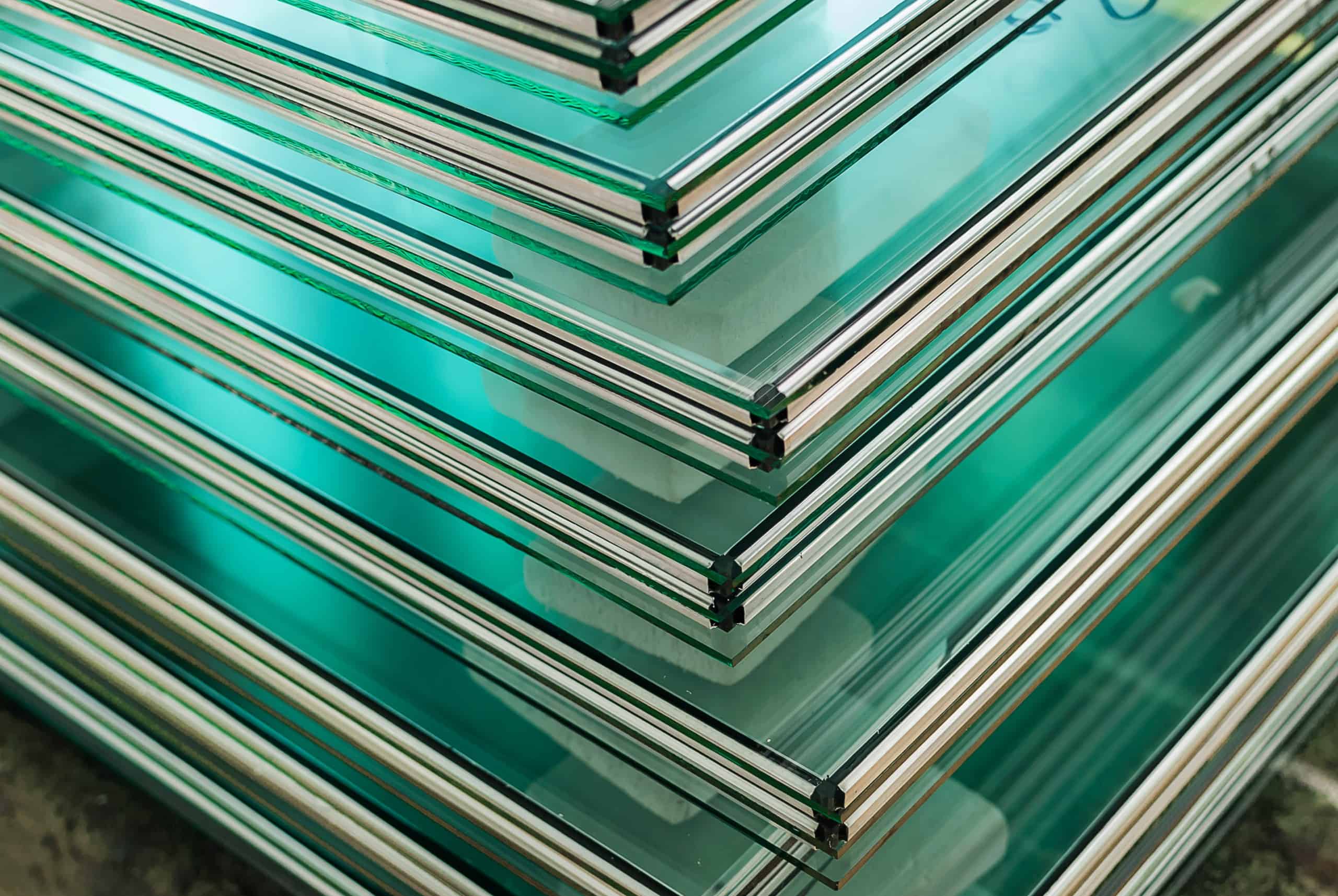Approximately 25% of your annual cooling and heating cost comes from inefficient windows. While trying to save money by holding on to your old windows, you are actually at risk of draining your finances. It’s in your own best interest to optimize your home, so that it will continue to perform at its best. Aside from wasting your money, it also adds to the depletion of valuable energy resources.
Making sense of the jargon
While searching for insulated glass or energy-efficient windows, you may come across terms such as U-factor or SHGC. The entire energy rating of your windows is expressed in the following values:
U-factor – measures the amount of heat loss. Lower U-factor means lower heat loss. Windows with lower U-factor are ideal for winter months and cold climates.
SHGC – also known as solar heat gain coefficient, is expressed as a number from 0 to 1. It measures how much heat gets inside through your windows. In hot climates, the lower the number, the better.
AL – or air leakage, determines the probability of drafts occurring. Windows with high air leakage factor tend to be drafty.
CRF – or condensation resistance factor, measures how good a window is at resisting condensation. The values range between 30-80. A higher value is more ideal.
VT/Tvis – or visible light transmittance, measures the fraction of visible light that passes through a window, just like how sunglasses work. It’s expressed in values between 0-1 and a higher number, which is ideal if you prefer natural light. Lower values for VLT ratings could mean better glare control.
How Inefficient Windows Are Draining Your Wallet
1. They are prone to leaking.
It’s common for old windows to have tiny cracks and gaps, often as a result of normal wear and tear, or substandard installation. Even when your windows are closed and functioning well, harsh weather conditions can cause windows to expand and loosen the panes of glass. If the seal on the insulated glass fails, moisture will accumulate and the build up between the panes will break the glass eventually.
2. Upkeep requires additional cost.
If you have wooden window frames installed, you must paint or stain the wood frequently to prevent it from rotting. The cost of maintaining wooden window frames only adds to your expenses. Newer vinyl window frames don’t require painting, so it’s virtually maintenance-free.
3. They don’t protect your home from ultraviolet rays
Untreated glass permits UV rays to pass through. These rays can damage anything you keep indoors, from furniture to decor, flooring to drapes. UV rays also cause artwork and photographs to fade, in addition to discoloring curtains and drapes and making blinds brittle.
4. They promote heat transfer
If your windows don’t have insulating properties, they can’t keep the heat out during summer nor can they keep it in during winter. If you have outdated frame materials installed, they are not doing much to insulate your home. Heat is transferred through the window through conduction. Aluminum, for one, allows cold and heat from the outside to enter your home. This will cause your heater or AC units to run needlessly, which in return, drives up your electricity bill.
How upgrading your windows can save you money
Initial installation of insulated glass generally comes at a higher price. But, cutting your monthly energy bills in half more than pays for the initial cost. Decreasing the cooling and heating expenses in your home is a sure-fire way to save money. With insulated glass, it’s possible to save on electric bills all year round.
- Insulated glass can be fitted on any window or door frame. It works on aluminum, uPVC, and AluClad to name a few.
- Insulated glass is composed of double panes and an airtight spacer between the surfaces. The space is filled with air or noble gas, being argon and krypton as the most commonly used. These gases are denser than air, so heat conduction is less likely to occur.
- Double paned insulated glass is designed to reduce heat transfer in summer and heat loss in winter. This will keep your HVAC units from working unnecessarily.
- The entire insulated glass unit is kept airtight with a special sealant that prevents the accumulation of moisture (condensation) between the panes.
- Some insulated glass is treated with low-e coatings to minimize the amount of ultraviolet and infrared rays that penetrate your windows.
Note: If your home was built with energy-efficient windows already, you still need to perform periodical inspection and maintenance to make sure they are doing their job without fail.


Leave A Comment